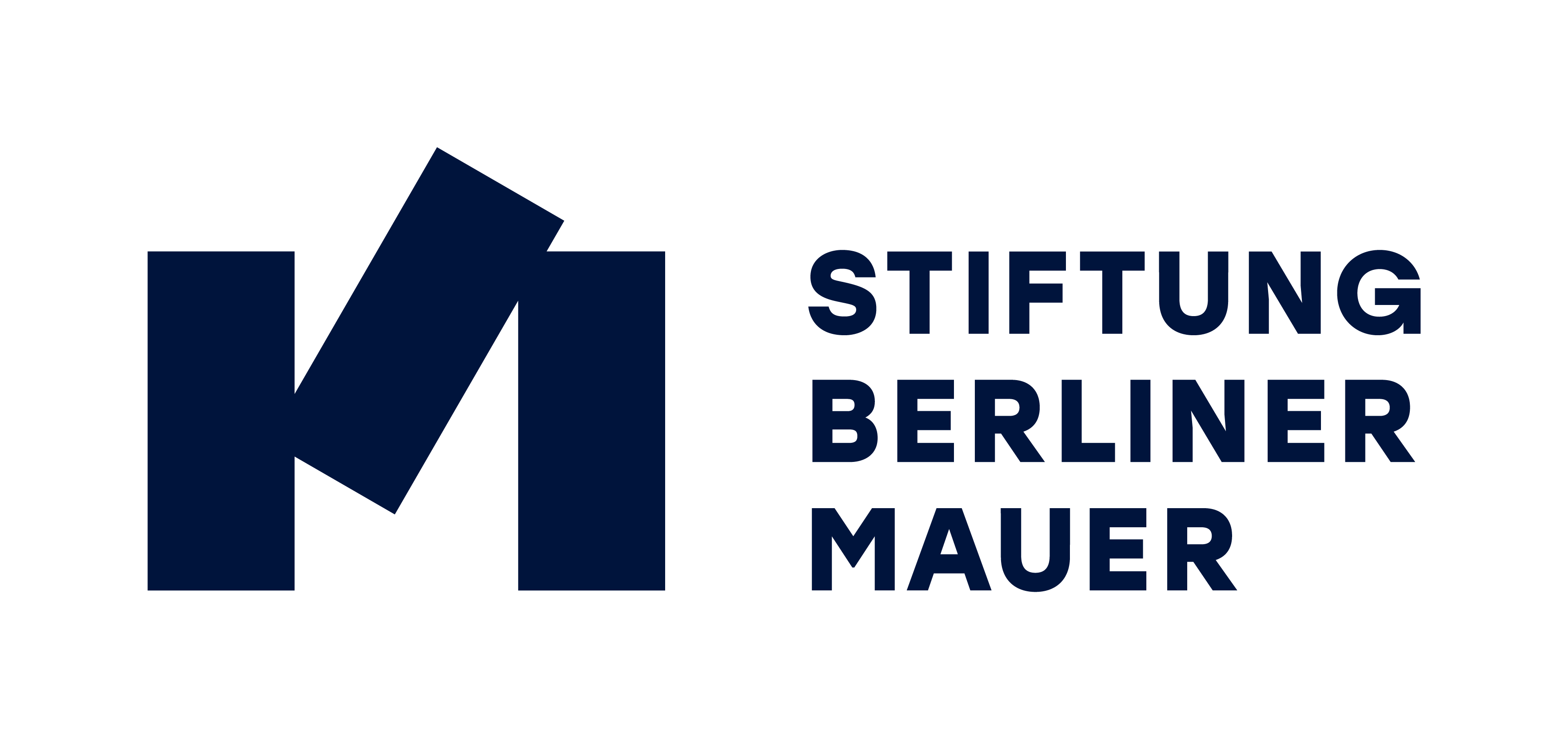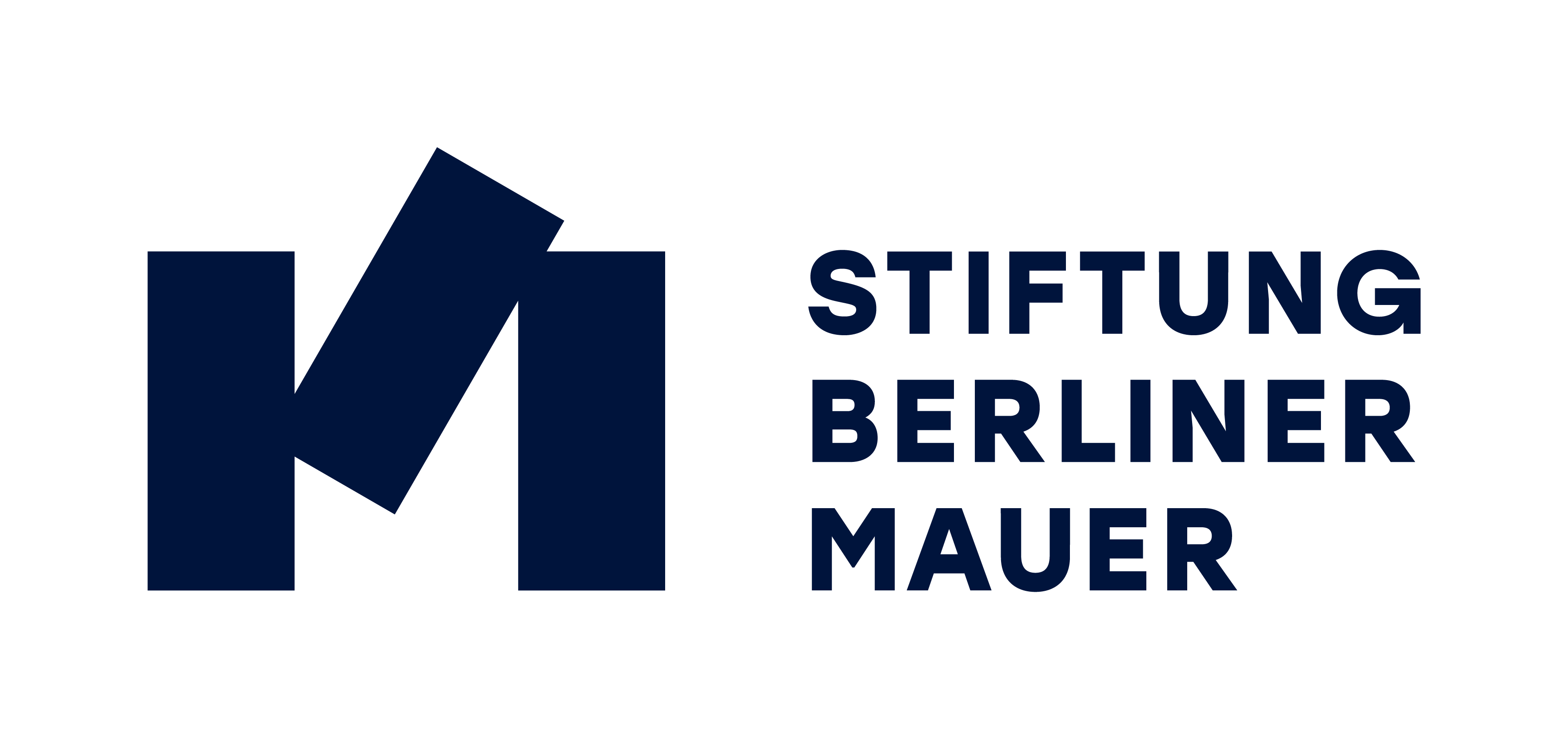Bettina Dziggel had lived in East Berlin since the 1980s. In 1983, she co-founded "Lesben in der Kirche" (Lesbians in the Church), the first lesbian activist group in the GDR. They met at the Gethsemane Church in Berlin-Prenzlauer Berg and worked to bring lesbian visibility to the GDR opposition. On the night of the fall of the Berlin Wall, Bettina Dziggel went to West Berlin with a friend and celebrated all night long.
On 9 November, there was this famous quote from Schabowski. I went to my boss because we didn't have a phone and said: ‘Tell me Norbert, that means we have to go to the West now, doesn't it?’ I was heartbroken at the time, my neighbour was also heartbroken and we met up in our corner pub. My friend came from Bornholmer Straße and said: ‘Something's going on, there's a lot of people there.’ Then I said to my [neighbour] Tommy: ‘You know what, Tommy, we're going to take our passports and our East and West money and just drive over there.’ Then we got into my Trabi and headed towards Bornholmer [Straße]. There were no TV crews there yet – and we were over there.
That evening, we went to Mittenwalder Strasse in Kreuzberg to visit friends. They wondered where we came from. We explained it to them and they switched on the TV and off we went. Then they had to sleep and we wanted to visit other friends in Charlottenburg. So we travelled to Charlottenburg with my Trabbi. We went to a bar and I met a woman from the punk scene there again, as a waitress, who had left the [GDR] in the mid-80s. That was really nice.
We were sitting in the bar and then the crowds were already streaming on the streets and suddenly we said: ‘Oh, it's our neighbour Eva.’ And I went out: ‘Hello Eva, come here!’ Then we wanted to go to a bar in Kreuzberg. [Kreuzberg] was always synonymous with everything. We went into Madonna. And Eva said: ‘I have to go home, my children...’ I said: ‘Come on, let's have another drink.’ It was quite funny at Madonna because the landlord asked us: ‘You're new here?’
‘Yes, we wanted to come over.’
‘Where are you from?’
‘From East Berlin.’
‘Ah, you've left the GDR!’
‘Nope, the Wall is open.’
‘What do you mean, the Wall is open?’
‘Well, the Wall is open.’
‘What, the Wall is open?’
‘Well, the wall is open. We'll drive back later. We don't know where yet.’ And then he says: ‘Quiet here, stop! The Wall is open?’ Then he switched off the music, turned on the radio and then it went... then it was... We drove home very drunk. That was November, 9.
Bettina Dziggel, excerpt from the oral history interview on July 3, 2019, Berlin Wall Memorial, Interviewer: Sarah Bornhorst
Further Media
35 years ago, on the night of November 9th to 10th, 1989, the barriers at the border crossings in Berlin were opened. Thousands of people celebrated the peaceful overcoming of the border in the streets and hoped for a swift end to the division.
There are many personal memories of the night the Berlin Wall fell. The champagne cork reminds Katharina Gelhaar of how she was woken up by neighbors and an acquaintance from East Berlin in the middle of the night. She can hardly believe it. To celebrate this extraordinary historical moment, she opens a bottle of champagne: "We made a toast – to the moment, to the unimaginable that had still happened. None of us could have guessed how long it would last or what would come of it." She keeps the cork from the bottle as a souvenier.
Bettina Dziggel was also out that night. In the audio, she recalls how she encountered people in a West Berlin pub who hadn’t yet heard about the opening of the border crossings.




